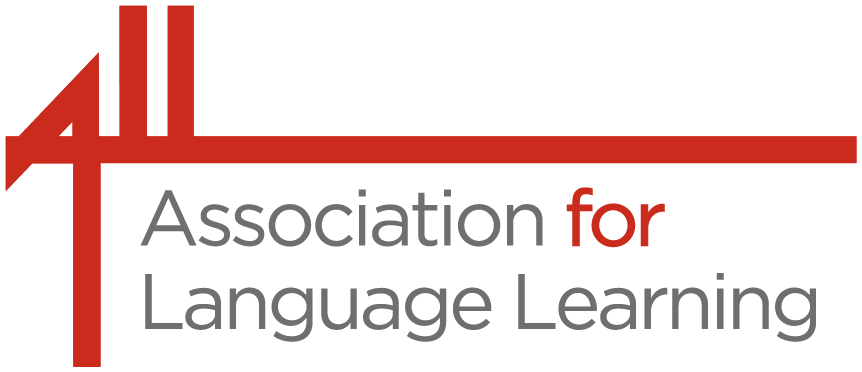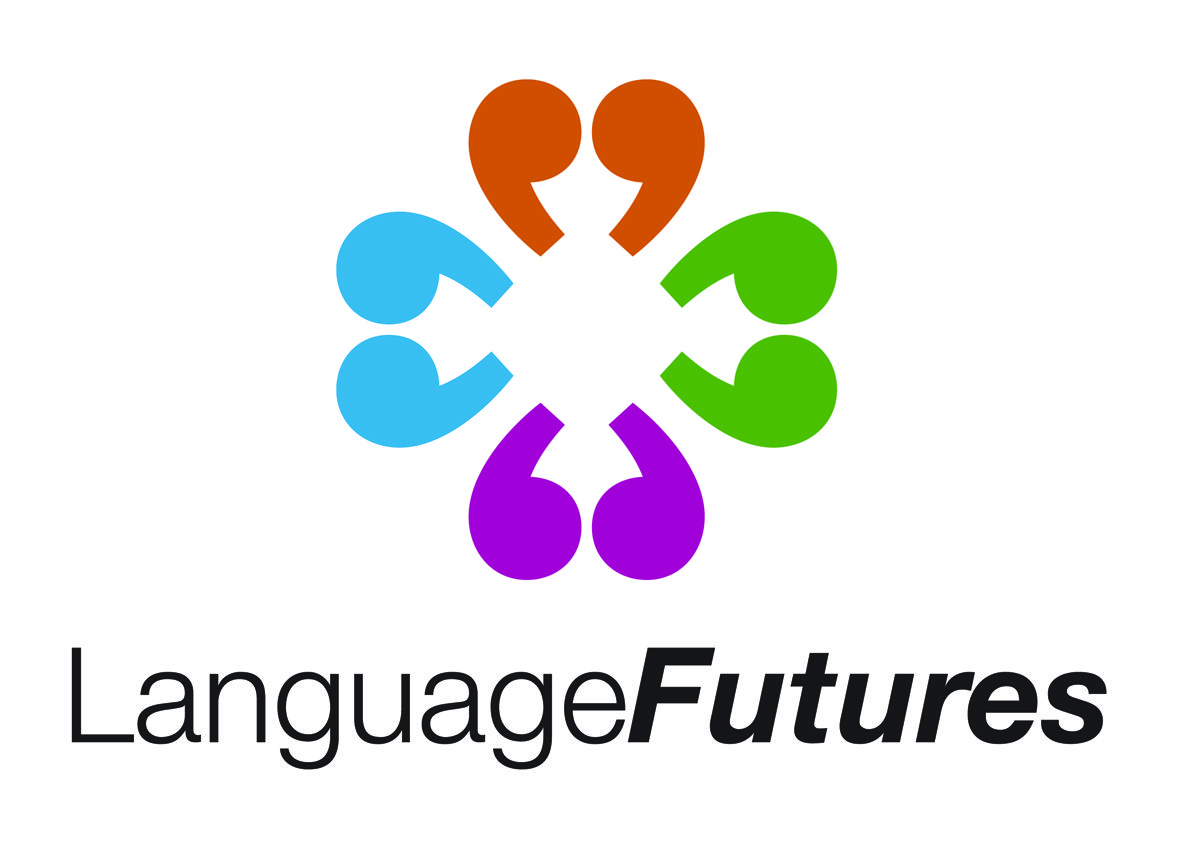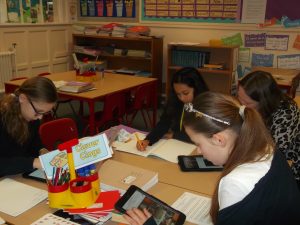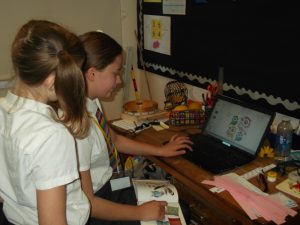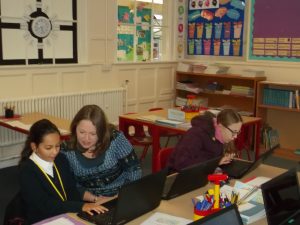Broadening Language Provision and Creating Independent and Engaged Language Learners
Language Futures is an exciting approach for schools interested in developing languages beyond the classroom. Its core purpose is to generate deep engagement with learning and to encourage learners to take responsibility for their learning both within and beyond the classroom. Increasing motivation and engagement are integral to the approach with learners not only choosing the language they wish to learn, but also exercising choice in elements of what and how to learn. A core feature of the approach is the personalised support offered to pupils by mentors who are volunteers from the local community with an in-depth knowledge and fluency in a particular language, recruited to provide good models of the language. Originally a KS3 approach, primary schools are now adopting the Language Futures approach to:
• Broaden language provision and promote linguistic diversity.
• Celebrate pupils’ home languages.
• Increase creativity and cross-curricular links through project-based learning.
• Maximise the time devoted to the study of primary languages.
Languages being offered at Primary using the Languages Futures approach currently include: Finnish, German, Italian, Mandarin, Russian, Spanish and Turkish.
Victoria Mitchell from Beeston Fields Primary and Nursery school in Nottingham is leading a pilot of the approach.
‘‘As a primary MFL teacher I am passionate about increasing pupil’s interest in languages. It seemed a natural progression from learning a taught language to allowing the children to pick and investigate a language of their own choosing. I am amazed every week to see how much they learn, can remember, and the links that they can see between the languages they know already. Giving them ownership of the projects has increased their confidence and independence as learners. Having a range of languages with the involvement of native speaking mentors makes the Language Futures approach even more exciting.’’
A range of primary-focused guidance and resources are being developed over 2016-17. These include how to launch Language Futures as well as ideas for planning and project-based learning. We will also be offering a Language Futures primary-focused workshop at Language World 2017 which is ALL’s annual conference and CPD event offering a packed programme with speakers from across the languages sector attracting up to 250 participants a day. For further information on Language World 2017, please visit the website.
For further information on launching Language Futures in your school please contact the Language Futures Project Manager Clodagh Cooney by emailing [email protected]
